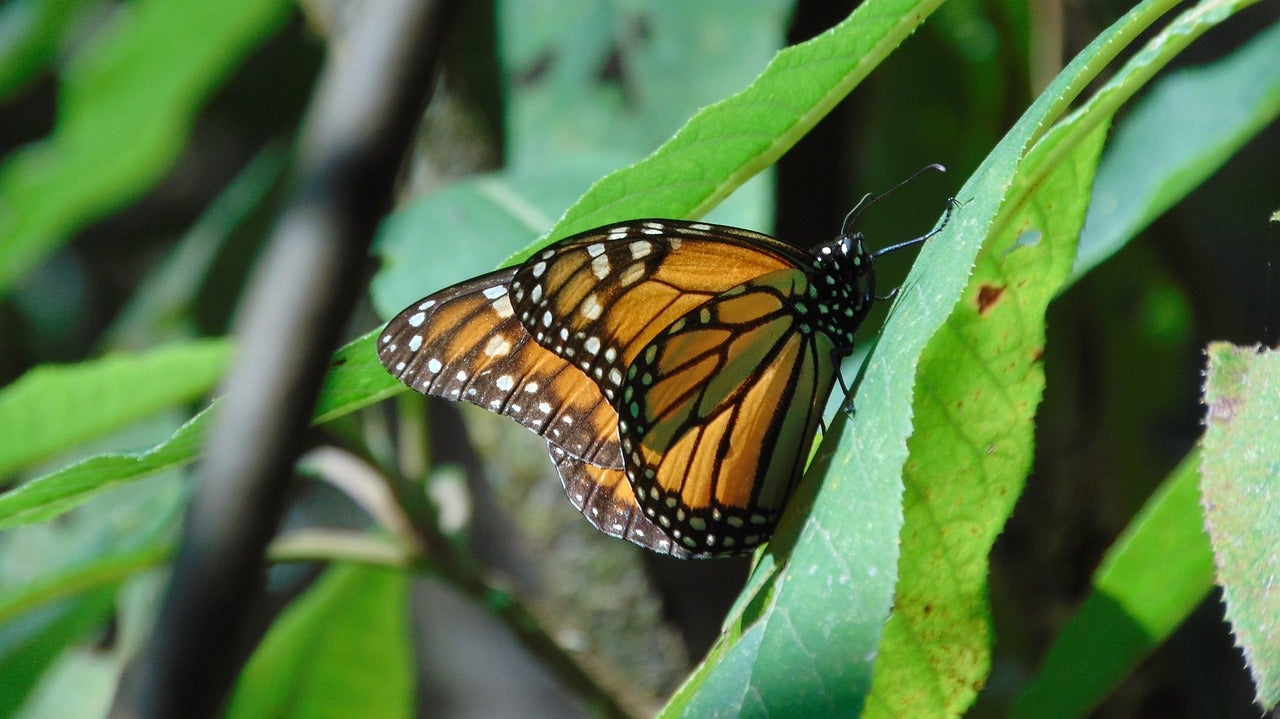Harvard’s Animal Law and Policy Clinic filed its first Supreme Court brief in support of a petition for certiorari by the Center for Biological Diversity, challenging the Trump administration’s waiver of all environmental and other laws in connection with the construction of a massive wall along the U.S.-Mexico border.
The clinic represents as amici curiae the North American Butterfly Association and National Butterfly Center, which operate an important wildlife refuge in the area where the wall is to be built.
As explained in the brief, construction of the wall without compliance with any of the environmental laws that would normally apply to such a massive project will have devastating and irreparable impacts on dozens of imperiled species of butterflies, moths, and many other species that rely on this habitat for survival, and it will also destroy a unique, rare, and fragile ecosystem that is already under siege by development and other human encroachments.
Compliance with the environmental laws, and particularly the National Environmental Policy Act and Endangered Species Act, would have required an analysis of these severe environmental impacts, and an assessment of potential alternatives and important mitigation measures—none of which is happening because of the waiver of all such laws.
As the brief further explains, the Secretary of Homeland Security’s waiver of all laws is an unconstitutional violation of separation of powers—it allows an unelected official of the Executive Branch to completely override all laws enacted by the Legislative Branch without any “intelligible principle” imposed on the exercise of that authority as required by well-established Supreme Court precedent, Mistretta v. United States, 488 U.S. 361 (1989).
The brief was drafted by clinic student Ashley Maiolatesi ’20 and clinical fellow Kate Barnekow ’19.
